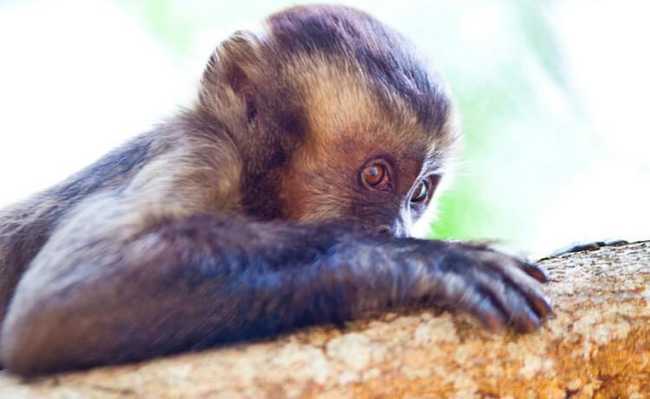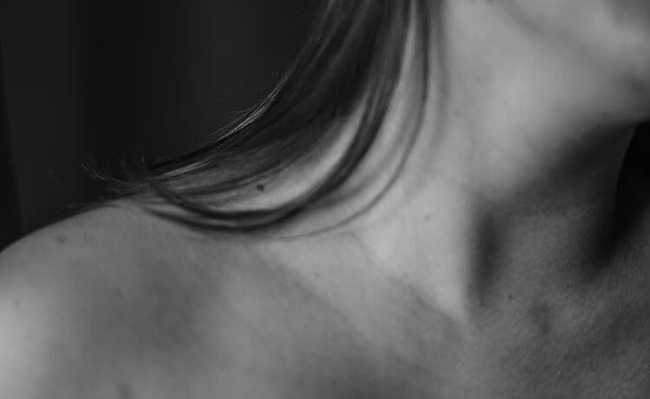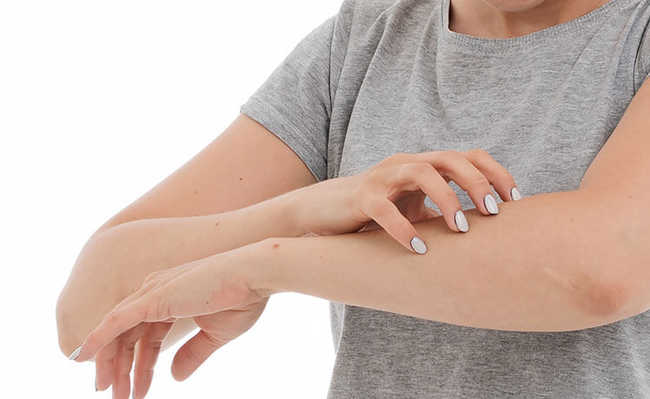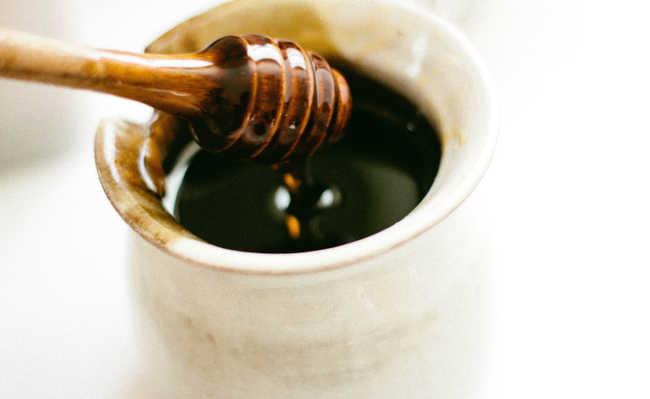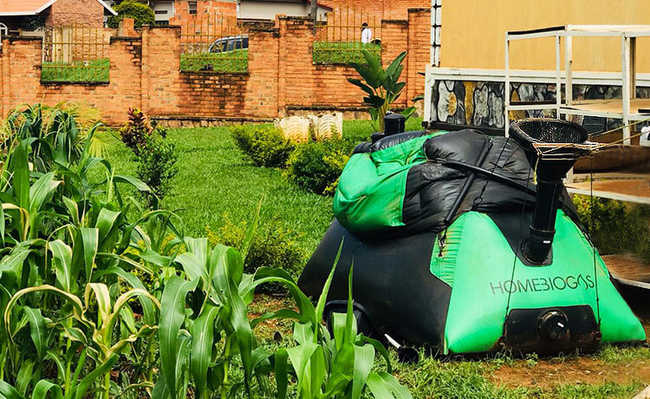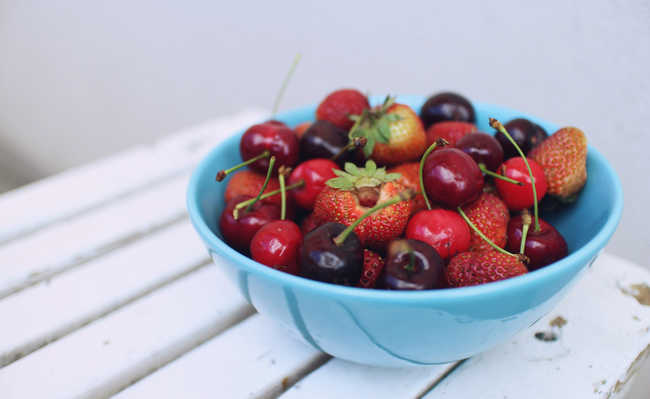Coconut fruit from Bahia has a promising substance against herpes virus
Substance extracted from coconut-da-bahia, palm abundant in Brazil, prevents the multiplication of Herpes Simplex Virus Type 1
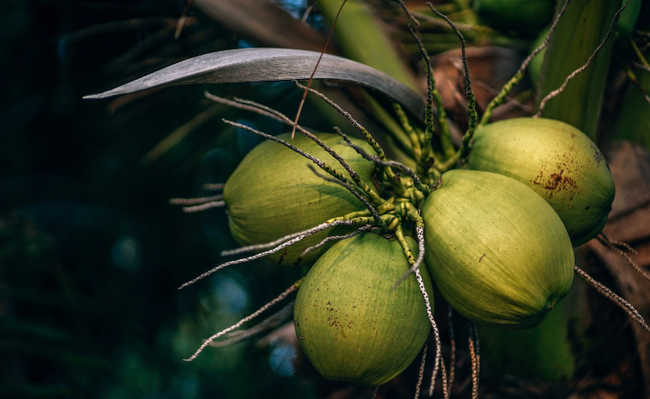
Edited and resized image of Nipanan Lifestyle, is available on Unsplash
Coconut palm fruits, a very common palm on the coast of North and Northeast Brazil, is a promising option to combat Herpes Simplex Virus Type 1 (HSV-1), which causes infections and injuries to the body. Through laboratory tests, researchers at USP's Ribeirão Preto Medical School (FMRP) found that a substance extracted from the fruit's fibers prevents the virus from multiplying, with an efficiency similar to that of the antiviral drug acyclovir, used against infections caused by HSV -1. The discovery could help in the development of new drugs to treat diseases caused by the virus.
- Cold sores: treatment, symptoms and prevention
- Herpes zoster: treatment, symptoms and transmission
The HSV-1 virus is a common cause of oral and genital lesions, and has the ability to reactivate latent infection. “It is responsible for a wide spectrum of diseases, including primary or recurrent mucosal infections, such as gingivo-stomatitis, labial or genital herpes, keratoconjunctivitis, neonatal infection, visceral infection in immunocompromised hosts, herpetic encephalitis and association with erythema multiform”, says physician Fernando Borges Honorato, who carried out the research.
“Among the effective antiviral drugs for the treatment of symptomatic HSV infections, the most used is acyclovir, which inhibits viral replication, but only reduces the duration and severity of recurrent lesions”, points out Borges Honorato. "The study investigated the presence of antiviral activity in vitro of crude and fractionated extracts of the species Cocos nucifera L. in culture of cells infected with HSV-1”.
- Tea tree oil: what is it for?
THE Cocos nucifera L. is a species of palm known as coconut, coconut, Bahia coconut or common coconut, being very common in Brazil, especially on the coast of the North and Northeast. “After drying and grinding the fibrous part of the fruit, the mesocarp, two extracts were prepared, the aqueous one, with water as solvent, and the hydroethanolic one, whose solvents are ethanol and water”, describes the doctor. “Afterwards, fractions of these extracts were prepared, in which hexane, ethyl acetate, methanol and water were used as solvents”.
antiviral effect
Initially, the concentrations of extracts that were not toxic to the cells were determined, which were selected to test the inhibitory effect of the drug on HSV infection, evaluated by the reduction of the cytopathic effect. “The cells were infected with HSV in different multiplicities of infection (MOI)”, reports Borges Honorato. “Some of them were treated with different doses of extracts, while others were not treated (negative control). At the end of the experiment, the quantity of virus present in each sample was quantified.”
- Nine plants with antiviral properties
In laboratory tests, a substance isolated from palm fruit fibers, initially called CN342B, was able to inhibit the replication of HSV-1, with an antiviral effect comparable to that of acyclovir, while the crude extracts, the four fractions and one another substance, CN1A, were not effective. "The substance CN342B isolated from the fruit fibers was effective against HSV-1 in vitro ’, highlights the doctor. "However, for technical reasons, it has not yet been possible to determine which substance was isolated."
According to Borges Honorato, the results of the study show that CN342B is promising for the development of a new drug for the treatment of diseases caused by HSV. “The next steps would be the identification of the substance and the beginning of preclinical studies in animal models”, he emphasizes.
The research was supervised by professor Fabio Carmona, from the Department of Childcare and Pediatrics at FMRP, and co-supervised by professors Eurico de Arruda Neto, from FMRP, and Ana Maria Soares Pereira, from the University of Ribeirão Preto (Unaerp), who prepared the extracts used in the experiment. The studies were carried out at the Laboratory of Virology at FMRP and at the Laboratory of Chemistry of Medicinal Plants of the Department of Plant Biotechnology at Unaerp.Original text by Júlio Bernardes, from Jornal USP


